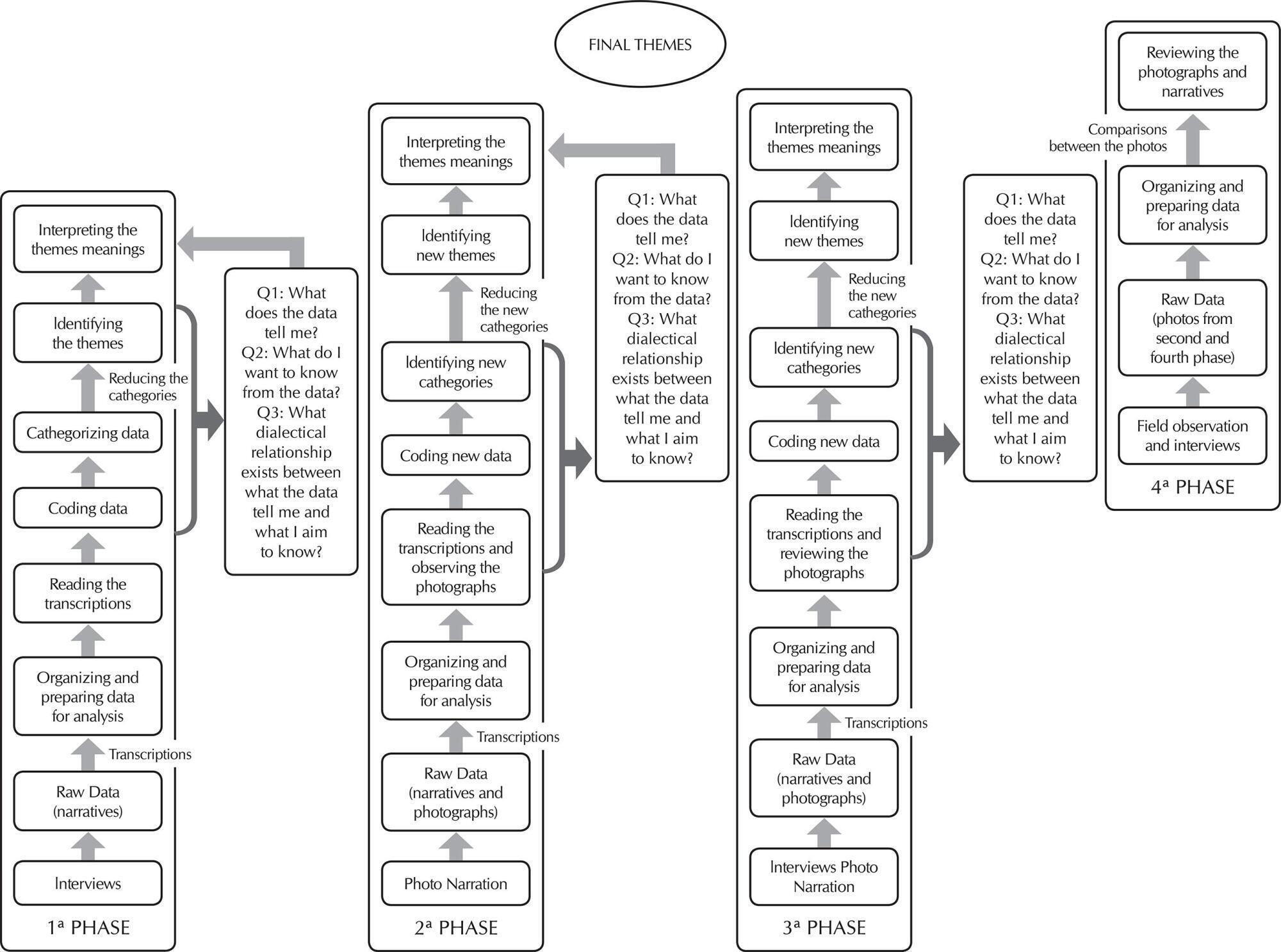-
REFLECTION04-22-2020
Thematic content analysis using ATLAS.ti software: Potentialities for researchs in health
Revista Brasileira de Enfermagem. 2020;73(3):e20190250
Abstract
REFLECTIONThematic content analysis using ATLAS.ti software: Potentialities for researchs in health
Revista Brasileira de Enfermagem. 2020;73(3):e20190250
DOI 10.1590/0034-7167-2019-0250
Views0See moreABSTRACT
Objective:
to describe the most important tools of ATLAS.ti Software and to associate them with the procedures of Thematic Content Analysis.
Method:
It is a theoretical reflection of the Content Analysis phases of Laurence Bardin, associating them with software tools Atlas.ti and showing its usefulness for data analysis in qualitative research.
Results:
historical contextualization and the available resources of Atlas.ti software with presentation of health research involving the phases of thematic content analysis.
Final considerations:
The Atlas.ti software assists in the accomplishment of the thematic content analysis being this promising association in health research.

-
01-01-2018
Case study: using participatory photographic methods for the prevention of medication errors
Revista Brasileira de Enfermagem. 2018;71(5):2483-2488
Abstract
Case study: using participatory photographic methods for the prevention of medication errors
Revista Brasileira de Enfermagem. 2018;71(5):2483-2488
DOI 10.1590/0034-7167-2017-0040
Views0See moreABSTRACT
Objective:
To describe the experience of using participatory photographic research methods to engage nurses and researchers in a collaborative study to improve medication safety conditions, particularly in patients with feeding tubes in a nursing home for the elderly (NHE).
Method:
This qualitative study was conducted in Brazil and proceeded in iterative phases of visual and textual data collection and analysis. Interviews, subsequent nurse-led photo-narrated walkabouts, and photo elicitation were used with nurses.
Results:
The need to transform the work design and the workplace to improve medication safety and improving medication processes through effective communication was identified. Unsafe workforce is a challenge in achieving safe medication administration practices; and lack of a patient safety culture is a barrier for adaptive learning and growth.
Conclusion:
Our findings demonstrated the effectiveness of a restorative research approach for supporting nurses to study and act on medication safety.




